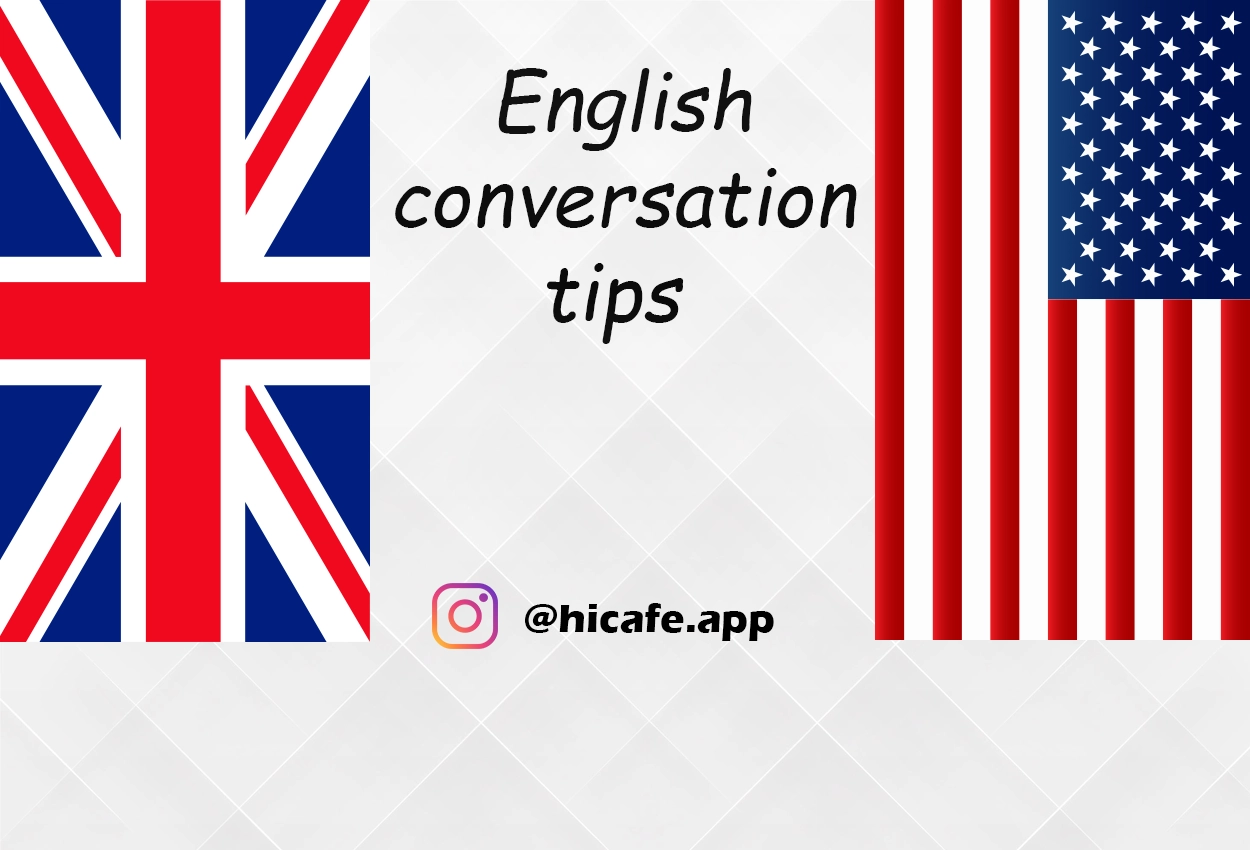
Speaking English in a controlled environment, such as a classroom, is relatively straightforward because you’re likely practicing specific expressions or vocabulary. However, in real-world conversations, things can be more unpredictable. You might have difficulties understanding the other person, or they may struggle to understand you. Perhaps you’re discussing a difficult subject with technical vocabulary, or the other person might use slang or idioms that you’re not familiar with. Also, in a classroom, most of your classmates have more or less the same level of proficiency as yours; however, in real-world conversations and discussions, you may talk with a native speaker who may speak very fast. Learning and mastering ways to improve spoken English for preparing you to engage in real-world conversations and dialogues are very important.
Previous Conversation Tip Lesson
How to Say I Am Busy in English
Improve Spoken English for Communication Skills
As mentioned earlier, adaptability and ability to adjust your conversation based on factors like conversation topics and proficiency of the audience (like language partners) are very important. Thus, here are some tried and tested tips and strategies for overcoming communication problems:
1. You don’t know the word
It’s common to forget the right word or realize that we don’t know the word we need, especially when we are under pressure, such as during an exam. The key is to keep the conversation going. If you can’t remember a word, try expressing it in another way by defining it, giving an example, or providing a synonym.
For instance, if you can’t remember the word mug, you can say:
- Definition: It’s something you can drink coffee from or It is used for coffee.
- Explanations, and descriptions: It’s made of china. You use it for drinking coffee.
- Synonym: “It’s like a cup, but bigger.”
To learn more, read our How to Keep a Conversation Going lesson.
2. The other person doesn’t understand you
If the other person doesn’t seem to understand you, notice their blank expression and ask a question such as ” Do you know what I mean?” or ” Sorry, have I lost you?”.
Alternatively, rephrase what you said by using phrases like “Let me say that again” or “Let me put that another way.”
3. You run out of things to say
A good conversation should be two-way. If you find yourself talking all the time or running out of things to say, engage the other person by asking a question.
For example:
“We tried out the new Japanese restaurant yesterday.”
“Did you?”
Or you can ask a more direct question, such as “What do you think?” or “what’s your opinion?”
4. You don’t know how to end the conversation
In certain situations where the conversation naturally comes to an end, such as asking for directions or obtaining information in a shop, A simple Thank you followed by “You’re welcome” or “Not at all” signals the end of the conversation. For casual chats with no specific purpose, you can end the conversation by saying something like “I’d better get going” or “I think that’s my bus/train” if you’re waiting for public transport.
Here are 5 phrases to end a conversation politely:
- It was nice chatting with you.
- Well, it’s getting late.
- Anyway, I should get going.
- (formal) Sorry, but I’m afraid I need to…
- I’m sorry to cut you off, but I actually gotta run. (cut you off = interrupt you)
Conclusion
You may face various challenges in real-world conversations, such as encountering unfamiliar words or expressions and experiencing difficulties in being understood. However, by employing strategies such as finding alternative ways to express unfamiliar words, rephrasing to help understanding, and actively engaging the other person in the dialogue, you can overcome these challenges.
Next Conversation Tip Lesson
Related Conversation Lessons
None
Practice Conversation with HiCafe App
By using HiCafe App, you can join free discussion events and Practice English Conversation online or in-person and improve your verbal skills.
All Conversation Lessons
To see and read all of our conversation lessons, you can visit our Improve English Speaking Skills page.


